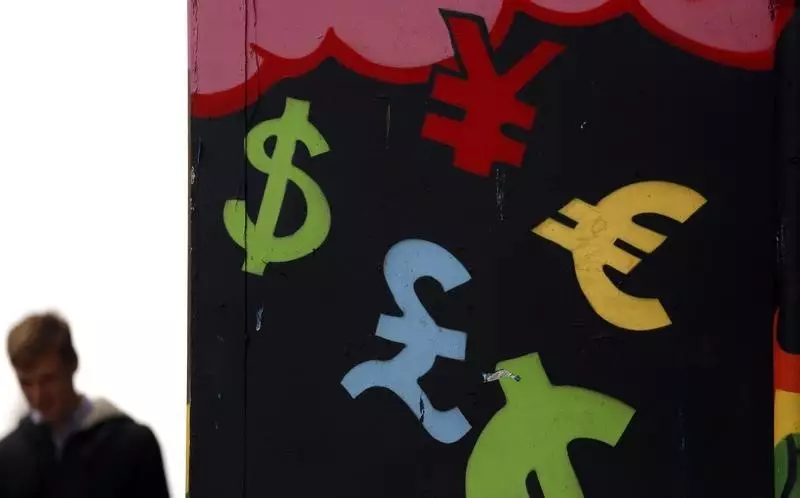The Extradition of Do Kwon: A Case Study in Cryptocurrency Regulation

The recent extradition of Do Kwon, co-founder of Terraform Labs, from Montenegro to the United States marks a significant development in the realm of cryptocurrency regulation. Kwon faces serious allegations, primarily centered around his role in the TerraUSD collapse, a stablecoin that was designed to maintain a fixed price of $1. The downfall of TerraUSD in May 2022 had catastrophic effects on the cryptocurrency market, leading to an estimated loss of around $40 billion. This case has far-reaching implications not just for Kwon, but also for the broader landscape of digital currencies and the regulations that govern them.
Kwon’s legal challenges are multifaceted. Not only is he facing extradition to the U.S. for charges related to fraud and investor deception, but he is also wanted in South Korea, where authorities are keen to prosecute him. Following his arrest in March 2023 while attempting to leave Montenegro, the Montenegrin Justice Minister Bojan Bozovic sanctioned extradition after the national Supreme Court affirmed that legal criteria for such a move had been met. Despite these legal setbacks, Kwon maintains his innocence and has taken steps to appeal Bozovic’s decision to the Constitutional Court, thereby prolonging his legal strife.
This case underscores the urgent need for clearer regulations in the cryptocurrency space. The incident involving TerraUSD has rallied global authorities to scrutinize not only Kwon but also the mechanisms of stablecoins, which are intended to offer stability amidst the volatility characteristic of cryptocurrencies. The Federal Bureau of Investigation (FBI) and the U.S. Securities and Exchange Commission (SEC) have been particularly active in holding individuals accountable for practices that may lead to investor deception. The lawsuit filed against Kwon and Terraform Labs earlier this year highlights a trend towards stricter scrutiny of cryptocurrency operations.
Kwon’s predicament serves as a critical reminder of the fragility of stablecoins, devices that aim to provide price stability within the volatile world of cryptocurrencies. By design, stablecoins are supposed to mitigate some of the risks associated with traditional cryptocurrencies through mechanisms intended to keep their values pegged to fiat currencies. However, as seen with TerraUSD, the reality can be starkly different. The failure of such a highly publicized stablecoin raises questions about the robustness of existing regulatory frameworks and whether additional measures are necessary to protect investors and stabilize markets.
The extradition of Do Kwon is a pivotal moment in the ongoing saga of cryptocurrency regulation. It not only reflects the legal challenges posed by emerging technologies but also highlights the need for a paradigm shift in how digital assets are regulated globally. As authorities grapple with the implications of such cases, the cryptocurrency community must also reckon with the responsibility of fostering transparency and trust within this rapidly evolving market. Moving forward, the outcome of Kwon’s legal battles could set critical precedents that shape the future of cryptocurrency regulation.





